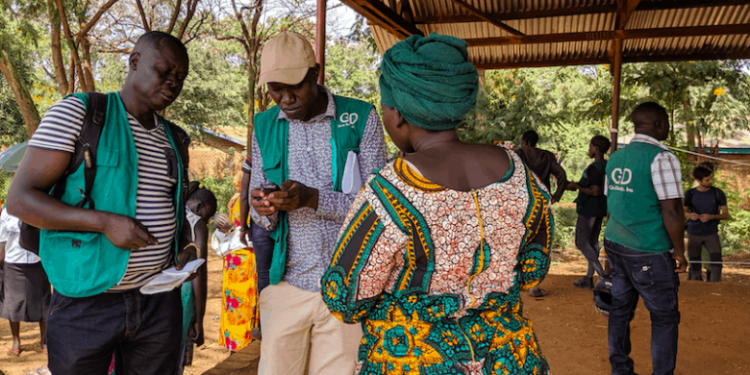Jitters as government accuses NGOs of subversive agenda
When the Non-Government Organisations (NGO) Bureau halted the activities of an international non-profit, GiveDirectly, it appeared like an isolated incident. But with the recent incidents including expulsions of high-profile individuals who were directly in charge of financial war-chests for civic education and election-related activities, this appears like a carefully-calibrated effort to reset the rules of engagement with western led non-profit organisations ahead of the 2021 polls in Uganda.
Last week, the US embassy in Kampala announced that it was withdrawing from a programme that provided $10 million (sh36 billion) to provide assistance to Ugandans most affected by the COVID-19 pandemic, after the country’s NGO Bureau announced the suspension of programs by the implementing agency GiveDirectly.
Despite the U.S. Agency for International Development (USAID) initially getting approval for the programme run in partnership with the Ministry of Local Government and the Ministry of Kampala in August, the NGO Bureau recently ordered additional review of the international non-profit, GiveDirectly’s activities in Uganda.
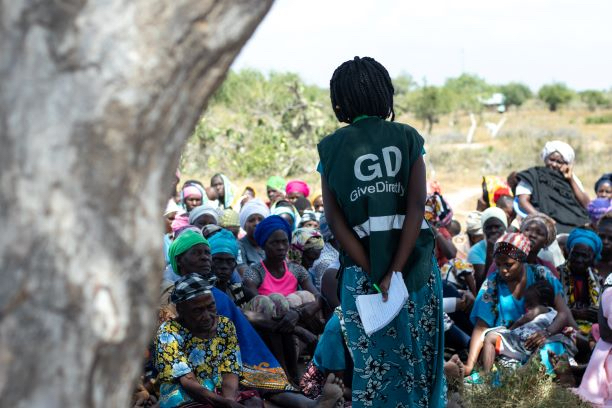
In a statement, USAID stated that “GiveDirectly addressed the NGO Bureau’s questions, and no irregularities in the cash transfer program or GiveDirectly’s operations were identified. The program has still not been authorised to resume, and no assurances have been provided that authorization by the government is forthcoming.”
“In light of this indefinite suspension, it is now unlikely that the programme will meet its original objective, which was to prevent COVID-related economic backsliding of the most vulnerable Ugandans. Therefore, we are obligated contractually to terminate the program permanently,” read the statement.
This purge according to sources is as a result of change of heart that some of these NGOs are agents of ‘a neo-colonial agenda’ to shore up the opposition ahead of the 2021 general election.
Vox Populi has learnt that the NGO bureau is ready to play hardball and this has resulted into the deportation of a number of officials.
Amongst them is Simon Osborn who was detained, carted off to the airport and deported recently. An influential figure in the diplomatic community, Osborn has been the advisor for the European Union on elections in Uganda.
Highly placed sources claim that Osborn, was picked from his apartment recently, briefly held and carted off to the airport where he was deported.
Osborn previously worked as the Country Director of the National Democratic Institute (NDI), a US democracy assistance organisation in Uganda whose board chairperson is the former US Secretary of State, Madeleine Albright.
His deportation comes on the heels of accusations that NGOs especially those with an international outlook are supporting ‘subversive activities’ against the government of President Yoweri Kaguta Museveni who will be seeking to extend his 35 year rule to four decades in 2021.
Amongst the politicians who have been thrust into the crosshairs of this debate is Robert Kyagulanyi, a presidential candidate whose popularity in Western governments continues to elicit suspicion and this has spawned an archetypal cold-war conspiracy theory within some security agencies that he could be a project of a powerful intelligence outfit in the West.
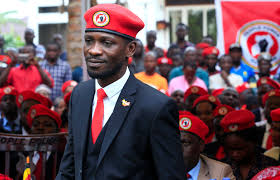
Another official at the Democratic Governance Facility (DGF), a multi-donor facility established by eight EU countries was also blocked from returning to Uganda after he had travelled to Netherlands for holiday.
Marco Deswart who was the DGF head of election programmes was meant to return to work in July.
“He was told by the migration department in Netherlands that we have instructions from Uganda that you can’t return. He [Deswart] said but I have a visa. He engaged the Dutch embassy in Kampala but he was told that he is persona non-grata,” revealed a source.
One of the reasons, which was advanced for his rejection according to sources is that he had participated in election-related work outside Uganda and specifically in ‘Rwanda.’
Diplomats from the EU have reportedly engaged government to prove that they don’t habour any sinister agenda against it. “They have only been left with one option; to directly engage the president,” revealed a source who preferred to be anonymous due to the sensitivity of the matter.
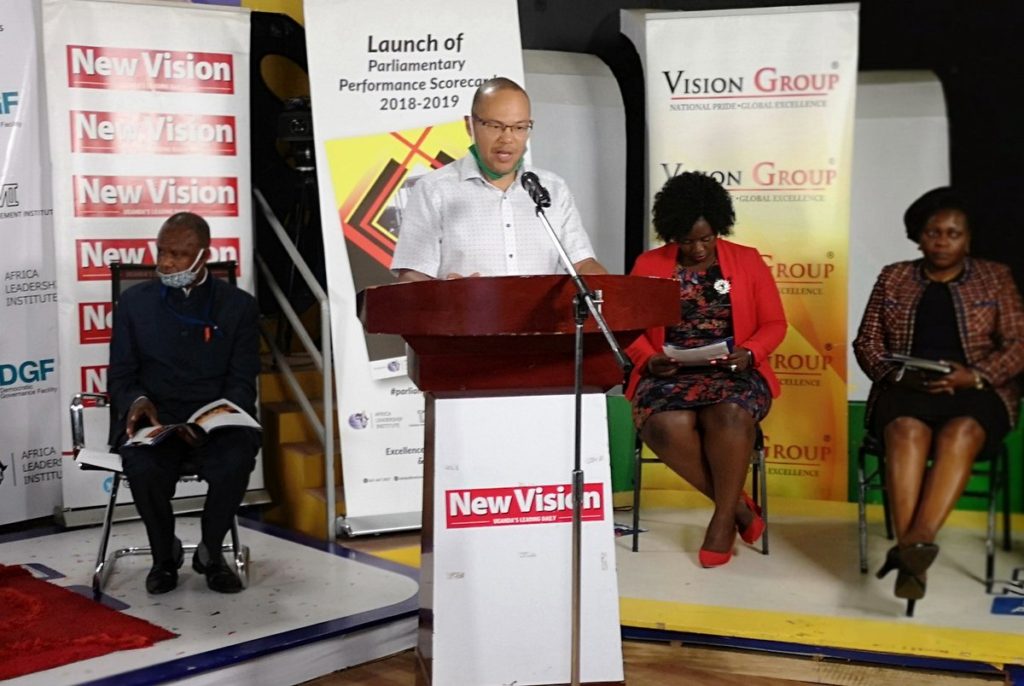
Another international organisation that has been placed under the radar is the International Republican Institute (IRI), which has received a warning letter about its activities.
The IRI is an American nonprofit, nonpartisan organisation committed to advancing freedom and democracy worldwide by helping political parties to become more issue-based.
Amongst the requirements, IRI has been asked to submit details of its work in the country as its Country Director, Lara Petrivevic according to highly placed sources, has been placed on the ‘wanted list.’
In the same vein, a local NGO, the National Election Watch Uganda (NEW-U) was recently suspended by the NGO bureau.
NEW-U is a coalition of over 60 organisations that among others were seeking to observe electoral activities across the country. Some of the organisations include Uganda Women Network, Center for Constitutional Governance and Women’s Democracy Network, among others.
The coalition was launched on September 10th, 2020 a few days after the release of the results from their observation of the chaotic National Resistance Movement –(NRM) primaries, which were marred with a number of irregularities.
According to a press statement released on October 29th, 2020, by the Internal Affairs ministry, which is the host of the NGO Bureau, it was established from records that NEW-U is not registered with the NGO bureau and was also not incorporated with Uganda Registration Services Bureau(URSB).
The registration of NGOs is stringent and requires a dual system as an incorporated company limited by guarantee and later on registered by the NGO Bureau. NGOs are also issued with licences, which are subject to renewal.
“The NGO Bureau strongly cautions organisations registered with it, which host organisations that have not legalised their status since such arrangements are illegal,” reads the letter from Stephen Okello, the Executive Director of the NGO Bureau.
This crackdown sharply contrasts past cordial relations between government and its Western allies.
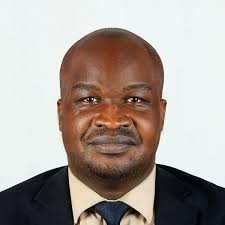
Uganda for long has been touted as one of the West’s major allies in the volatile Great Lakes and Horn of Africa where it latched on the war against terrorism. There is ambivalence whether the Kampala regime is an anchorman of stability or relies on brinkmanship to gain advantage.
However, others argue that given the instability across neighbouring states, the Kampala regime has in the past tried to establish a cordon sanitaire against the aggressive regimes of Omar Bashir and Mobutu Ssese Seko in Sudan and former Zaire respectively.
The war on terror in the Horn of Africa enclave, which Uganda willingly embraced provided a profound friendship with the West.
In turn, the West doled out millions of dollars in military aid and other forms of donations in vital sectors such as health.
Today the United States, which is the single biggest donor funder to the country, pools a sizeable chunk of Uganda’s health sector budget. Of the $896 million (Shs3.3 trillion) in assistance to Uganda in 2018, $511m or Shs1.9 trillion went to the health sector, specifically interventions in HIV, Malaria, Tuberculosis and other Communicable Diseases, Maternal and Child health, nutrition, and health systems strengthening.
The Uganda Virus Research Institute (UVRI) stands as the fortress erected to guard against the coronavirus pandemic, which has brought life to a shuddering halt in the country.
Today, it’s a symbol of resilience as it shoulders the country’s lofty research dreams.
But as the research institute trails the blaze on viral hemorrhagic fever, and arboviral diagnostic services in the Great Lakes, it starkly operates on a shoestring budget, as chronic underfunding has become a metaphor for the country’s misplaced priorities.
Without support from the US, this institute could be crippled in its operations.
Perhaps the war on terror ‘has run its course’ and as Uganda seeks new alliances in China, this has prompted these former allies to begin treating each other with suspicion. In August, the Financial Intelligence Authority (FIA), an agency that tracks suspicious money movements in the country, directed banks to unveil financial details of the top 13 NGOs in the country.
These included ActionAid International Uganda and the Democratic Governance Facility, an entity set up by a consortium of eight donors: Austria, Denmark, Ireland, the Netherlands, Norway, Sweden, the UK and the EU.
ActionAid had its accounts frozen in 2017 during an investigation into alleged money laundering. The accounts were later unfrozen.
With barely a few months to the general elections, there are fears that the crackdown on NGOs viewed as sympathetic to the opposition will be unrelenting but perhaps a diplomatic masterstroke could repair these broken ties.


